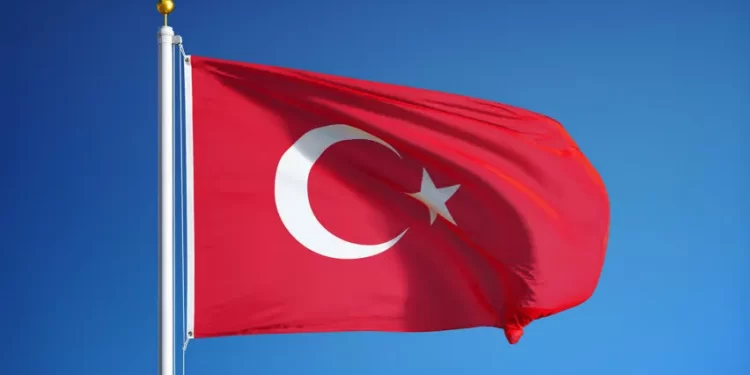Discover 5 countries that recently changed their names, why they did it, and what each rebranding means for their culture and identity.
In recent years, several nations have officially changed their names to better reflect their identity, culture, and history. From symbolic shifts to political resolutions, these name changes tell stories of pride, independence, and diplomacy. Here are five countries that have recently redefined themselves on the global stage.
- Türkiye (formerly Turkey)
In 2022, the Turkish government officially rebranded the country’s international name to “Türkiye.”
This decision was part of a national campaign to better represent the country’s cultural heritage and identity. The name change also aimed to differentiate the nation from the English word “turkey,” often associated with the bird.
After a formal request from Ankara, the United Nations recognized “Türkiye” as the country’s new official name across all international platforms.
- Republic of North Macedonia (formerly Republic of Macedonia)
The Balkan nation changed its name in 2019 to “Republic of North Macedonia,” resolving a decades-long dispute with Greece.
Greece had objected to the use of “Macedonia,” arguing that it implied territorial claims over the Greek region of the same name.
The compromise not only ended years of diplomatic tension but also paved the way for North Macedonia to join NATO and advance its bid for European Union membership.
- Kingdom of Eswatini (formerly Swaziland)
In 2018, King Mswati III announced that Swaziland would return to its pre-colonial name Eswatini, meaning “Land of the Swazis.”
The renaming marked the 50th anniversary of independence and symbolized a rejection of colonial-era names.
Another motivation behind the decision was to reduce confusion with Switzerland, as the two names were often mixed up internationally.
- Czechia (formerly Czech Republic)
The Central European country simplified its name in 2016, adopting “Czechia” as its official short form.
While “Czech Republic” remains acceptable in formal settings, “Czechia” is now widely used for sports, trade, and tourism branding.
The change aimed to make the nation’s name easier to pronounce, recognize, and market globally, especially in commercial and cultural contexts.
- Cabo Verde (formerly Cape Verde)
In 2013, the West African island nation officially requested that it be recognized as “Cabo Verde” in all United Nations languages.
The decision sought to preserve the country’s Portuguese heritage and ensure consistency in how its name appears internationally.
By adopting “Cabo Verde,” the country strengthened its cultural identity and reduced confusion caused by varying translations of “Cape Verde.”
ALSO READ: Dangote Group Reabsorbs Sacked Engineers, Redeploys Them Across Nigeria
Conclusion
Each of these name changes represents more than just words they symbolize national pride, cultural authenticity, and diplomatic progress.
As globalization continues to evolve, more countries may follow suit, reclaiming their histories and redefining how they are known to the world.












